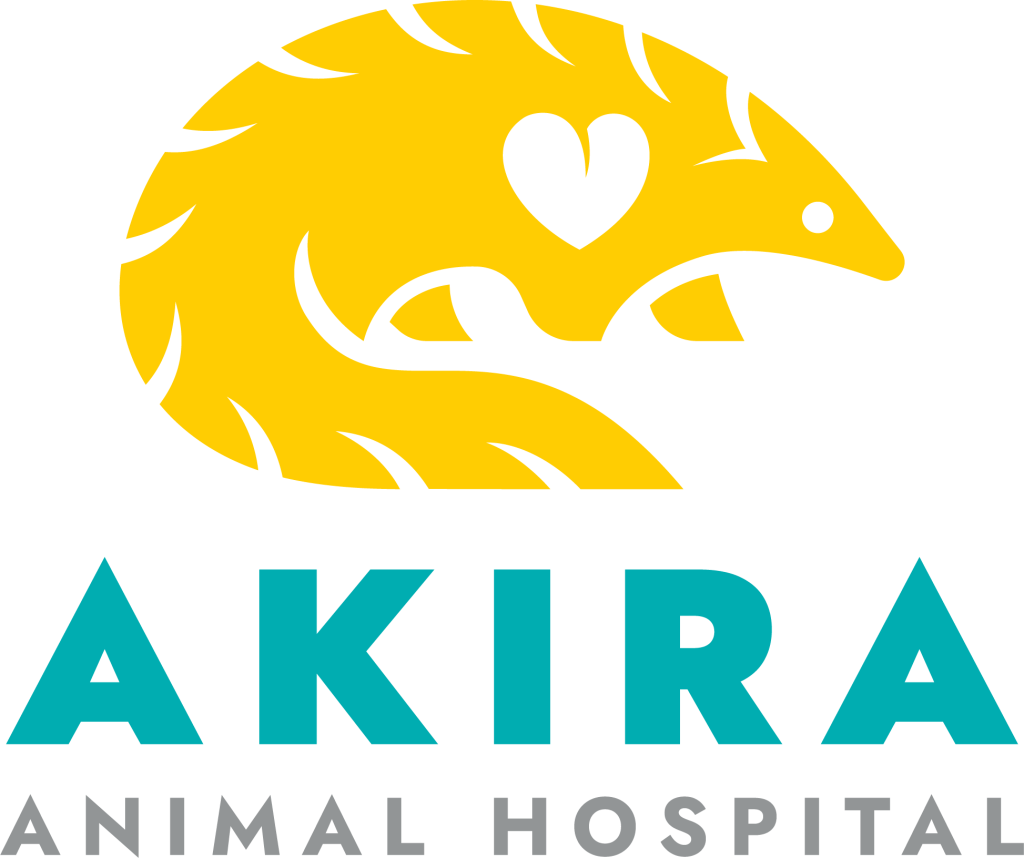
FREQUENTLY ASKED QUESTIONS
Essential Pet Care Info
Frequently asked questions by South African pet owners, along with scientifically correct answers:
The best diet for your pet in South Africa depends on their age, breed, and specific health needs. In general, high-quality commercial pet food that meets AAFCO (Association of American Feed Control Officials) standards is a good choice. You can also consult with your veterinarian for personalized dietary recommendations.
South Africa is known for its tick and flea problems. The most effective way to protect your pet is by using veterinarian-recommended tick and flea prevention products, such as topical treatments, oral medications, or collars. Regular grooming and keeping your environment clean can also help.
Vaccination recommendations may vary depending on your pet’s age and lifestyle. However, core vaccinations for dogs typically include rabies, distemper, parvovirus, and adenovirus. Cats should receive vaccinations against rabies, panleukopenia, herpesvirus, and calicivirus. Consult your veterinarian for a customized vaccination schedule.
South Africa is home to various venomous snakes. To protect your pet, keep them on a leash when outdoors and avoid letting them explore tall grass or rocky areas. Additionally, consider snake avoidance training for dogs. If your pet is bitten, seek immediate veterinary assistance.
Dental health is crucial for pets in South Africa. Brush your pet’s teeth regularly with pet-specific toothpaste and a soft brush. Dental chews and toys designed to reduce plaque and tartar buildup can also help. Schedule annual dental check-ups with your veterinarian for professional cleaning and assessment.
Heatstroke is a real concern in South Africa’s hot climate. Ensure your pet has access to shade and fresh water at all times. Never leave them in a parked car. Limit outdoor activities during the hottest parts of the day. Dogs can benefit from cooling mats, vests, and frozen treats.
Socialisation is important for pets in South Africa. Enroll your pet in puppy or kitten socialization classes. Gradually expose them to different people, animals, and environments. Positive reinforcement training can help your pet become well-adjusted and confident.
Obesity is a concern for pets in South Africa, as in many places. Feed your pet appropriate portion sizes based on their age, size, and activity level. Avoid giving excessive treats and provide regular exercise. Consult your veterinarian for a weight management plan if needed.
Have the contact information of an emergency veterinarian on hand. If your pet experiences a medical emergency, such as injury or poisoning, contact the nearest veterinary clinic immediately. It’s crucial to act quickly to ensure the best possible outcome.
Familiarize yourself with local pet ownership laws and regulations in South Africa. This may include licensing, leash laws, and breed-specific legislation. Always keep your pet up to date with vaccinations and proper identification, such as microchipping.
Remember that while these answers provide general guidance, it’s essential to consult with a local veterinarian for advice tailored to your specific pet’s needs and the local environment in South Africa. Veterinary professionals can offer the most accurate and up-to-date information for your pet’s well-being.